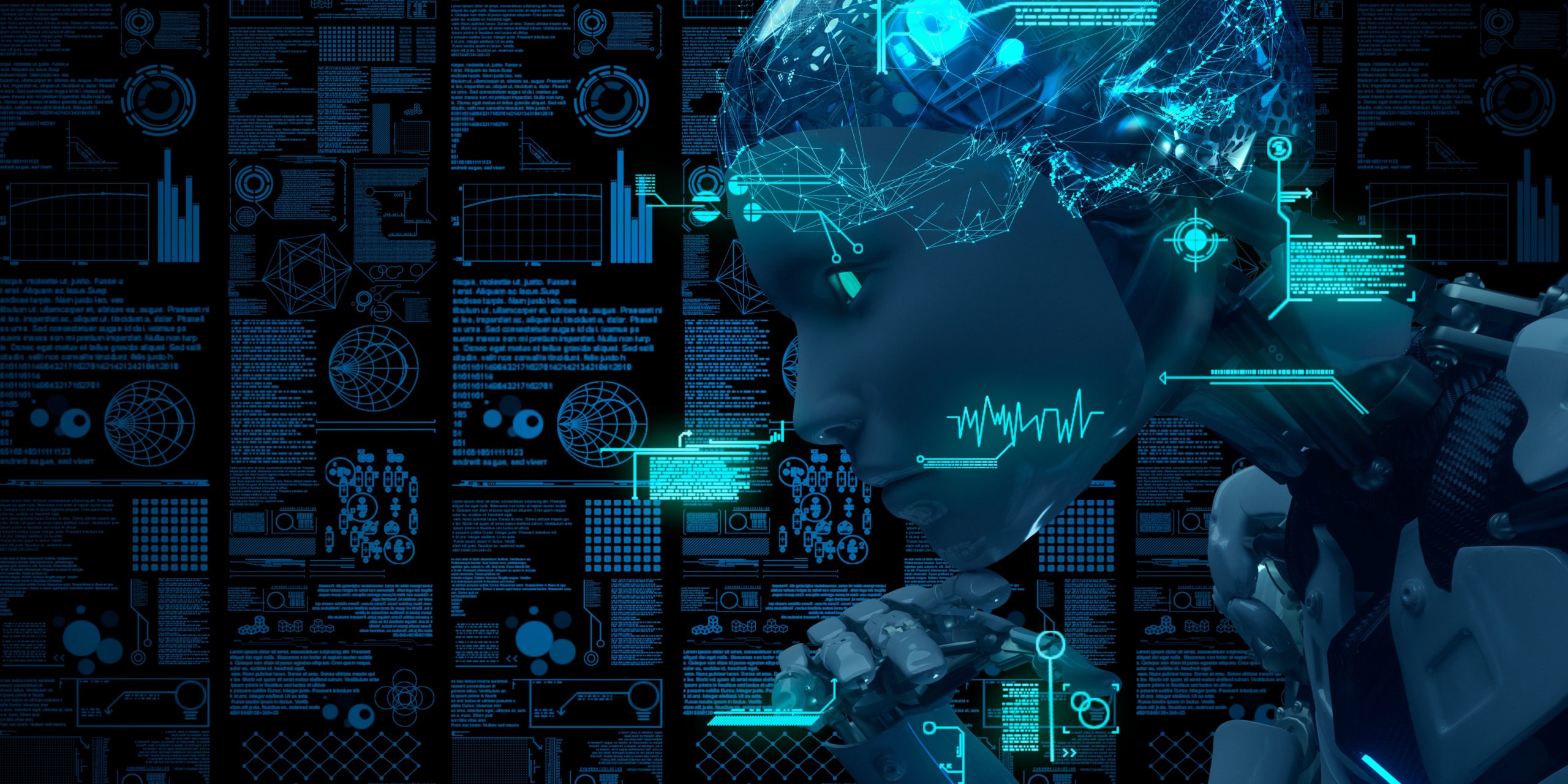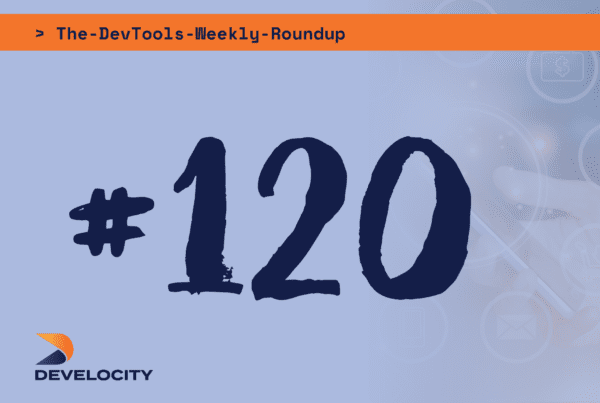In the fast-paced world of technology, software engineering has been evolving rapidly, and one of the most significant advancements in recent years has been the rise of generative artificial intelligence (AI). Generative AI is a form of machine learning that involves training models to generate new data, such as images, music, or text, based on existing patterns and examples.
In the context of coding, generative AI is transforming the way software engineers develop, test, and optimise code, paving the way for a future where coding is more efficient, automated, and creative. Investment Management company Ark Invest predict that Generative AI could lead to a 10-fold increase in coding productivity (Big Ideas 2023 report – read more here) Big Ideas 2023: Artificial Intelligence (ark-invest.com)
We looked into this in a bit more detail.
Code Generation and Auto-Completion Generative AI is already making a significant impact in code generation and auto-completion.
Traditional code generation relies on templates or predefined patterns, while generative AI can generate code snippets or even entire functions or classes based on input data or user requirements. This can greatly speed up the development process and reduce the chances of human error. For example, with the help of generative AI, developers can quickly generate boilerplate code, create repetitive code blocks, or automatically generate code for complex algorithms or data structures.
Auto-completion is another area where generative AI is making coding more efficient. Modern code editors and integrated development environments (IDEs) now use AI-powered auto-completion suggestions based on context, code patterns, and even natural language processing. This can help developers write code faster, with fewer typos and errors, and can also serve as a learning tool for beginners, helping them understand coding syntax and best practices.
Bug Detection and Code Refactoring
Generative AI is also being used to detect and fix bugs in code. By analysing large codebases, generative AI models can identify patterns that may indicate potential bugs or vulnerabilities, such as null pointer references, race conditions, or buffer overflows. This can help software engineers detect and fix issues before they become critical problems, saving time and effort in debugging.
Moreover, generative AI can assist in code refactoring, which involves restructuring existing code to improve its quality, readability, and performance. Using AI algorithms, developers can get suggestions on how to refactor code to make it more efficient, modular, and maintainable. This can help reduce technical debt, improve software quality, and enhance code readability, making it easier
for teams to collaborate and maintain codebases over time.
Automated Testing and Optimisation
Generative AI is also transforming the way software engineers test and optimise code. Automated testing is a critical part of the software development process, and generative AI can help streamline this process by automatically generating test cases, analysing test results, and identifying potential issues. This can save time and effort in writing repetitive test cases and can also uncover edge cases or scenarios that may not be immediately apparent to human testers.
Furthermore, generative AI can optimise code for performance and resource usage. By analysing code and its execution patterns, AI algorithms can suggest optimisations, such as algorithmic improvements, code parallelisation, or memory management techniques. This can result in faster and more efficient code, with improved performance, scalability, and reduced resource utilisation.
Creativity and Innovation in Coding
Generative AI is also driving creativity and innovation in coding. AI-powered tools and frameworks are enabling developers to explore new ideas, experiment with different coding styles, and create novel applications. For example, generative AI can help developers design user interfaces, generate art or music, or even create entire applications from high-level descriptions or requirements.
Generative AI is democratising coding by making it more accessible to non-experts. AI-powered coding tools can provide assistance and guidance to users with limited coding experience, helping them create functional applications without extensive coding knowledge. This can empower individuals and organisations to innovate and create software solutions in domains where coding
expertise may be scarce. Over the next few years we are going to be witnessing huge changes in the way code is created and developed as AI progresses.



